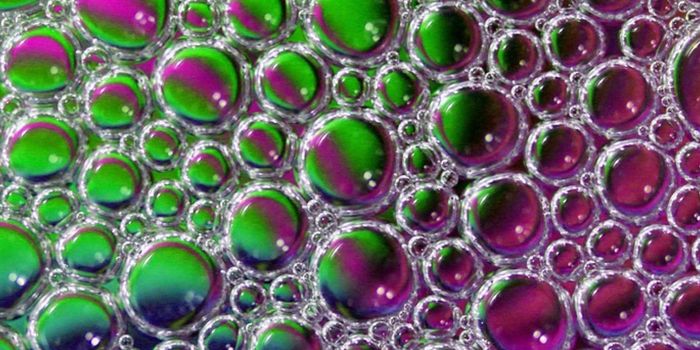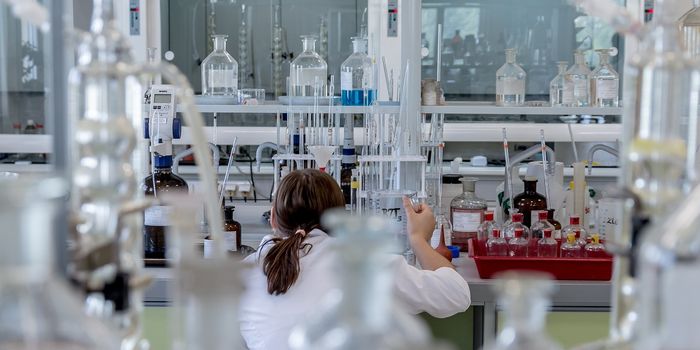Why Lithium Can Have a Negative Impact on the Kidney
An international team of researchers has found that an enzyme called Glycogen Synthase Kinase 3 (GSK3), known to be reduced by lithium intake, is an essential regulator of cell function in the kidneys. In blood-filtering podocyte cells of the kidney, there are two forms of the GSK3 enzyme (α and β), which stop proteins like albumin from leaking into the urine. That helps prevent kidney failure. If both forms of the enzyme are reduced during development or in adults, it can increase the likelihood of renal failure. The work, by an international team led by researchers at the University of Bristol, has been reported in Nature Communications and can explain why lithium is associated with renal problems.
"We think that patients who are taking lithium treatment now should regularly have a simple urine test to measure the amount of albumin they are excreting, as too much albumin is a sign of kidney disease," said the lead author of the study Richard Coward, a Professor of Renal Medicine and Consultant Pediatric Nephrologist at Bristol Medical School and the Bristol Royal Hospital for Children and the University of Bristol.
Lithium, a drug commonly used to treat bipolar disorder and other conditions, is known to suppress GSK3. When people have to take lithium over long periods or at high doses, they might start leaking high amounts of protein into their urine. The kidneys in those individuals may then begin to fail, leading them to require dialysis or a transplant.
"If [patients taking lithium] have increased levels of protein in their urine, they should consider reducing [the] dose of their lithium or switching medications. We think this could prevent some of them from developing kidney failure. Our research further suggests that it would be sensible to try and develop drugs that selectively inhibit one of the two forms of GSK3,” said Coward.
In this work, the researchers used a mouse model to show that losing both forms of GSK3 beta was highly detrimental to podocytes. The same has also been seen in neurons, but for a different reason. Losing GSK3 was causing podocytes, which are terminally differentiated, to re-enter the cell cycle, damaging these cells beyond repair. Their mouse model lacking GSK3 in podocytes only survived for a few weeks after birth and developed kidney disease.
GSK3 inhibitors have been considered as a treatment for other diseases including Alzheimer's and cancer. It's been suggested that disrupting GSK3 in podocyte cells may be a good treatment for kidney disease. The scientists involved in this work suggested that pharmaceutical companies should use caution, however, when developing these therapeutics.
Next, the researchers want to learn more about cellular pathways that are impacted by GSK3 in podocytes. They plan to explore which versions of the enzyme (α and β) are involved in which pathways.
Sources: AAAS/Eurekalert! via University of Bristol, Nature Communications









